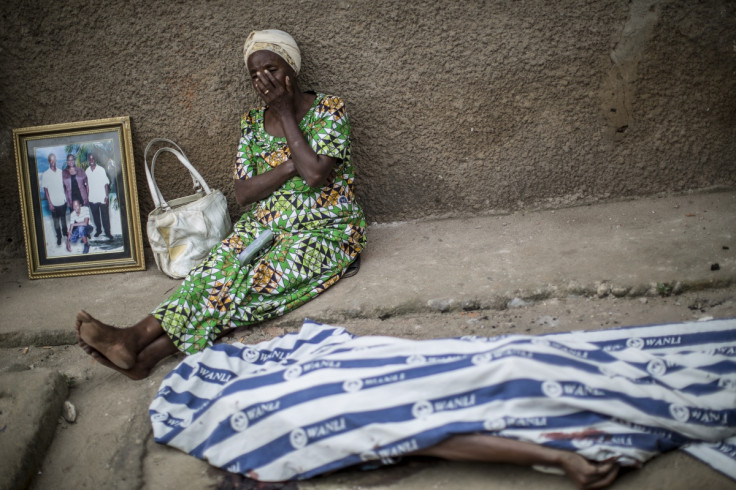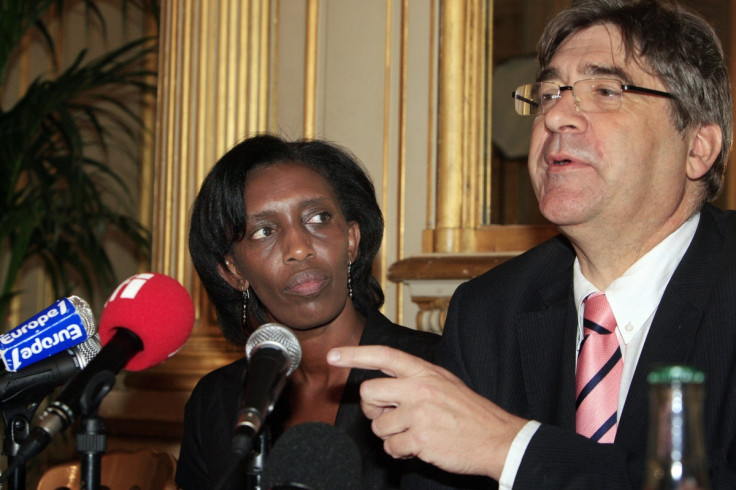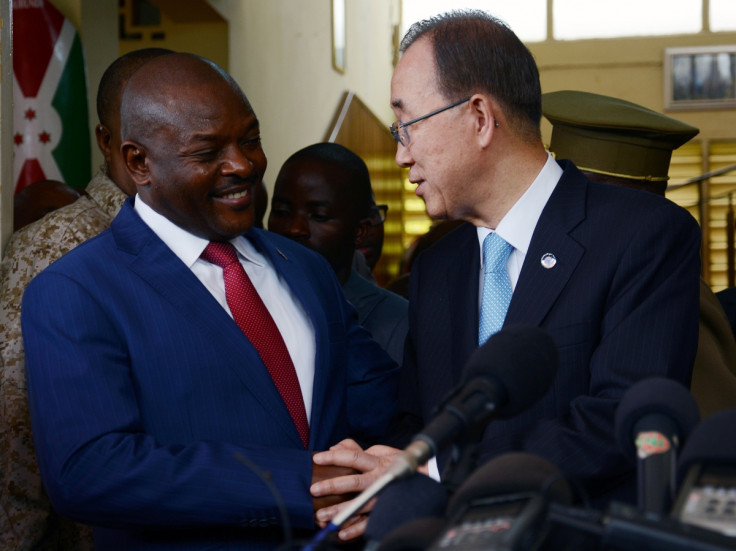Burundi's missing victims: Families welcome ICC examination of serious crimes

The lawyer acting on behalf of the families of victims of Burundi's security crackdown has welcomed the International Criminal Court's decision to launch a preliminary inquiry into alleged crimes committed in the country.
In March, IBTimes UK revealed that 60 Burundian families of the victims of alleged extra-judicial executions had officially mandated a group of lawyers to bring cases to the United Nations High Commissioner for Human Rights, as well as the International Criminal Court (ICC), regarding alleged crimes against humanity committed in the east African nation.
The Office of ICC Prosecutor, Fatou Bensouda, conducts independent and impartial preliminary examinations, investigations and prosecution relating to the crime of genocide, crimes against humanity and war crimes.
Burundi ratified the Rome Statute, and as such, the ICC has jurisdiction over the three alleged crimes, committed on its territory or by nationals of Burundi since 1 December 2004, the date when the Statute came into force in Burundi.
Families of victims welcome ICC examination
"This is great news. We are extremely happy that the process is initiated ," Bernard Maingain, one of the three lawyers who have already written to the ICC and the High Commissioner for Human Rights, told IBTimes UK on 25 April.
"This means the prosecutor's office can start a dialogue with the local judicial authorities to collaborate with them, put investigators on the case and start collecting evidence. The office can also organise the protection of witnesses - which is a big issue," the lawyer said. "We will, of course, collaborate with the prosecutor's office."

Maingain confirmed the 60 families have been informed of the ICC prosecutor's decision to open the preliminary examination. "For those families, this is huge. It means they know they are listened to and the crimes they (may) have been victims of are taken into consideration."
Human Rights Watch also welcomed the decision.
"The announcement that the International Criminal Court prosecutor is opening a preliminary examination of the situation in Burundi should be a wake-up call that the era of impunity for grave human rights violations in Burundi is over. Allegations about crimes there and those who commit or order them will now be under the Court's scrutiny," Géraldine Mattioli-Zeltner, the international justice advocacy director at Human Rights Watch, said.
"The Burundian authorities have the legal obligation to stop the abuses that have been escalating in Burundi since 2015 and to hold those responsible to account, but have failed to do so. The ICC was created as a court of last resort, to ensure that justice is done for grave international crimes. Burundi should fully cooperate with the Court's preliminary examination."
While the ICC prosecutor usually awaits the approval of local authorities before opening a preliminary examination, Bensouda has started the process without it, after reviewing reports of a number of alleged crimes committed in the country since the start of the crisis a year ago.
"The prosecutor must have estimated that the crimes are that serious and pose a real problem that it has justified not needing the approval of the Burundian authorities," Maingain added.

ICC Prosecutor Bensouda: holding individuals accountable
"Since April 2015, I have closely followed the situation in Burundi and repeatedly called upon all involved to refrain from violence, warning that those alleged to be committing crimes falling within the jurisdiction of the ICC could be held individually accountable," Bensouda said in a statement, published on 25 April.
"My Office has reviewed a number of communications and reports detailing acts of killing, imprisonment, torture, rape and other forms of sexual violence, as well as cases of enforced disappearances. All these acts appear to fall within the jurisdiction of the ICC. I have decided therefore to open a preliminary examination into the situation in Burundi since April 2015."
A preliminary examination is not an official investigation but a process of examining the information available in order to decide whether there is a reasonable basis to proceed with an investigation under the Rome Statute. There are no timelines provided in the Rome Statute for a decision on a preliminary examination.
Depending on the facts and circumstances of each situation, Bensouda said the office will decide whether to continue to collect information to establish a sufficient factual and legal basis to render a determination; initiate an investigation, subject to judicial review as appropriate; or decline to initiate an investigation if there is no reasonable basis to proceed.
"In conformity with the complementarity principle, my Office will also be engaging with the Burundian authorities with a view to discussing and assessing relevant investigations and prosecutions at the national level," the prosecutor said.
The bloody crisis that has killed up to 900 people and displaced more than 250,000, pits supporters of President Pierre Nkurunziza against those who say that his re-election in July 2015 for a third term violated the nation's constitution. After a failed coup, the government intensified its crackdown and most of those arrested or thought to have disappeared today are young men and women accused of participating in or supporting opposition groups, including armed groups whose attacks have also left dozens dead.
© Copyright IBTimes 2024. All rights reserved.






